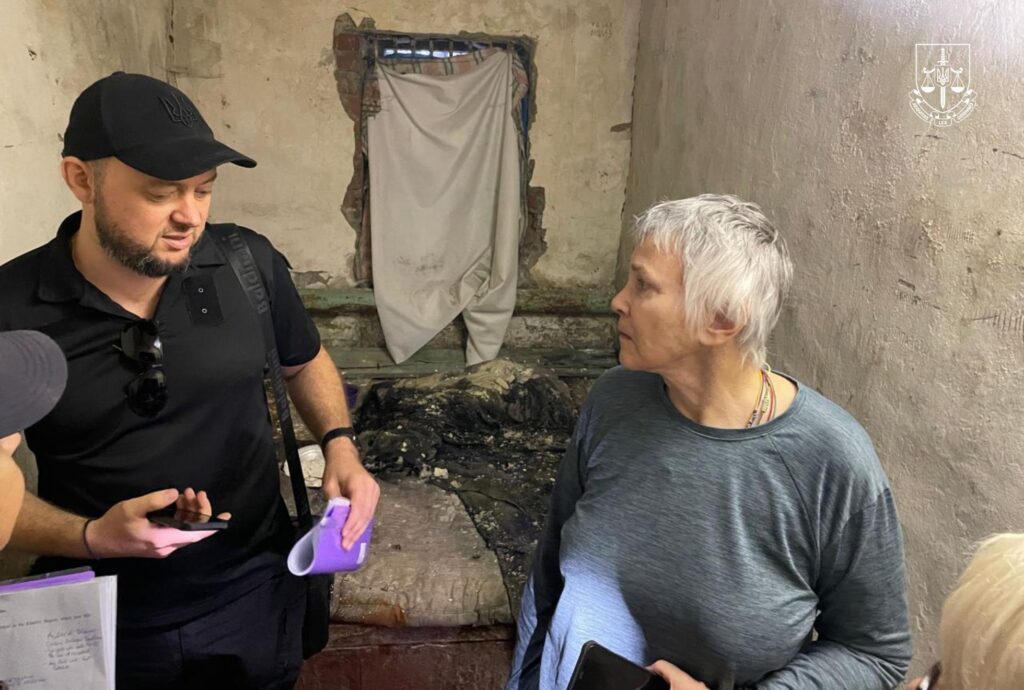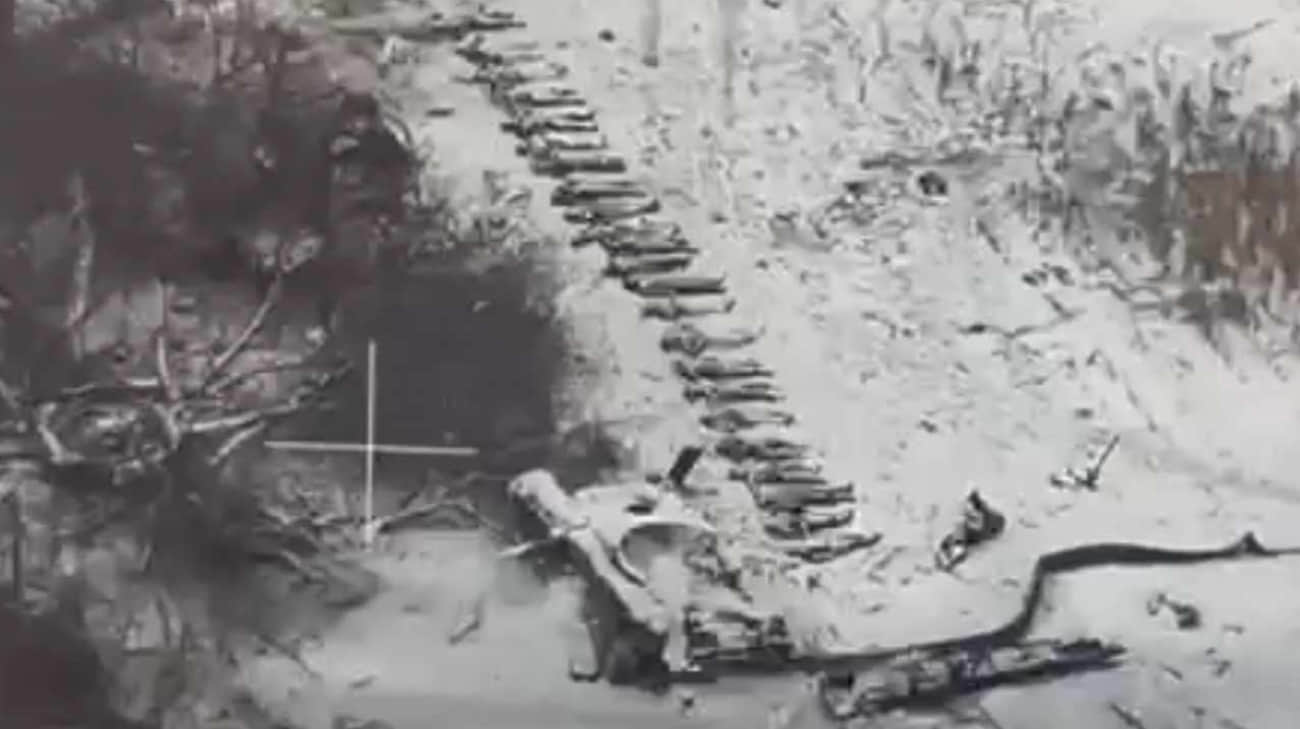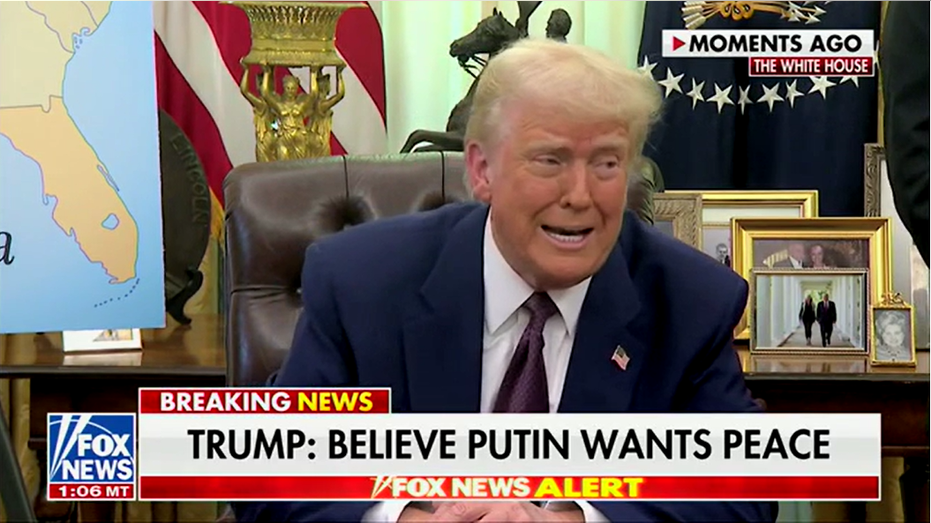ICC team investigates Russian torture chambers in Kharkiv Oblast
The International Criminal Court investigators collected evidence of Russian war crimes amid the ICC Prosecutor Karim Khan's sixth visit to Ukraine.


The International Criminal Court (ICC) has intensified its investigation into Russian war crimes committed in Ukraine, with a focus on torture chambers established by Russian forces in the Kharkiv Oblast. Brenda J. Hollis, who leads the ICC Office of the Prosecutor’s investigations into international crimes in Ukraine, along with her team and representatives from the Ukrainian prosecutor’s office, inspected these torture sites on Friday, 13 September 2024.
Ukrainian prosecutors, working alongside other law enforcement agencies, have identified 25 torture chambers in the Kharkiv Oblast. The evidence collected reveals horrific acts of physical, psychological, and sexual violence against detainees. Victims were subjected to severe malnutrition, given only technical water to drink, and endured brutal torture methods including tooth extraction, nail removal, electric shocks, and beatings with rubber batons.
Yuriy Belousov, head of the Department for Combating Crimes Committed in Armed Conflict at the Office of the Prosecutor General of Ukraine, said their cooperation with the ICC continues. “The main focus should be on criminals at all levels, for whom there is sufficient evidence to bring to criminal responsibility, regardless of rank or position. We are doing everything possible to ensure that criminals are held accountable by law. All of them. It’s only a matter of time.”
The ICC’s involvement at sites comes as part of a broader investigation into criminal acts committed in Ukraine. ICC Prosecutor Karim Khan, who concluded his sixth visit to Ukraine on 13 September 2024, emphasized the importance of this work: “We will not let up our focus; we will increase the intensity of our work; we will deepen our partnerships with all our Ukrainian counterparts until we have truly demonstrated the potential of the law in this moment.”
Khan’s visit included meetings with President Volodymyr Zelenskyy and other high-ranking officials, as well as engagements with survivors at sites of crimes. He welcomed Ukraine’s decision to ratify the Rome Statute, calling it a “powerful act of unity and solidarity.”
Related:
- Starvation, beatings, nails ripped out: Russia systematically tortures Ukrainian POWs till death
- This winter, 32 Ukrainian POWs were executed by Russian forces, UN report reveals
- “Welcome to hell”: UN report exposes Russia’s systematic torture, killings, and crimes against humanity in Ukraine
- “Russians tortured us so badly we thought we wouldn’t make it out alive,” civilian survivors say
- Mongolia says it refused to arrest Putin because of “energy dependence”
You could close this page. Or you could join our community and help us produce more materials like this.
We keep our reporting open and accessible to everyone because we believe in the power of free information. This is why our small, cost-effective team depends on the support of readers like you to bring deliver timely news, quality analysis, and on-the-ground reports about Russia's war against Ukraine and Ukraine's struggle to build a democratic society.
A little bit goes a long way: for as little as the cost of one cup of coffee a month, you can help build bridges between Ukraine and the rest of the world, plus become a co-creator and vote for topics we should cover next. Become a patron or see other ways to support.



